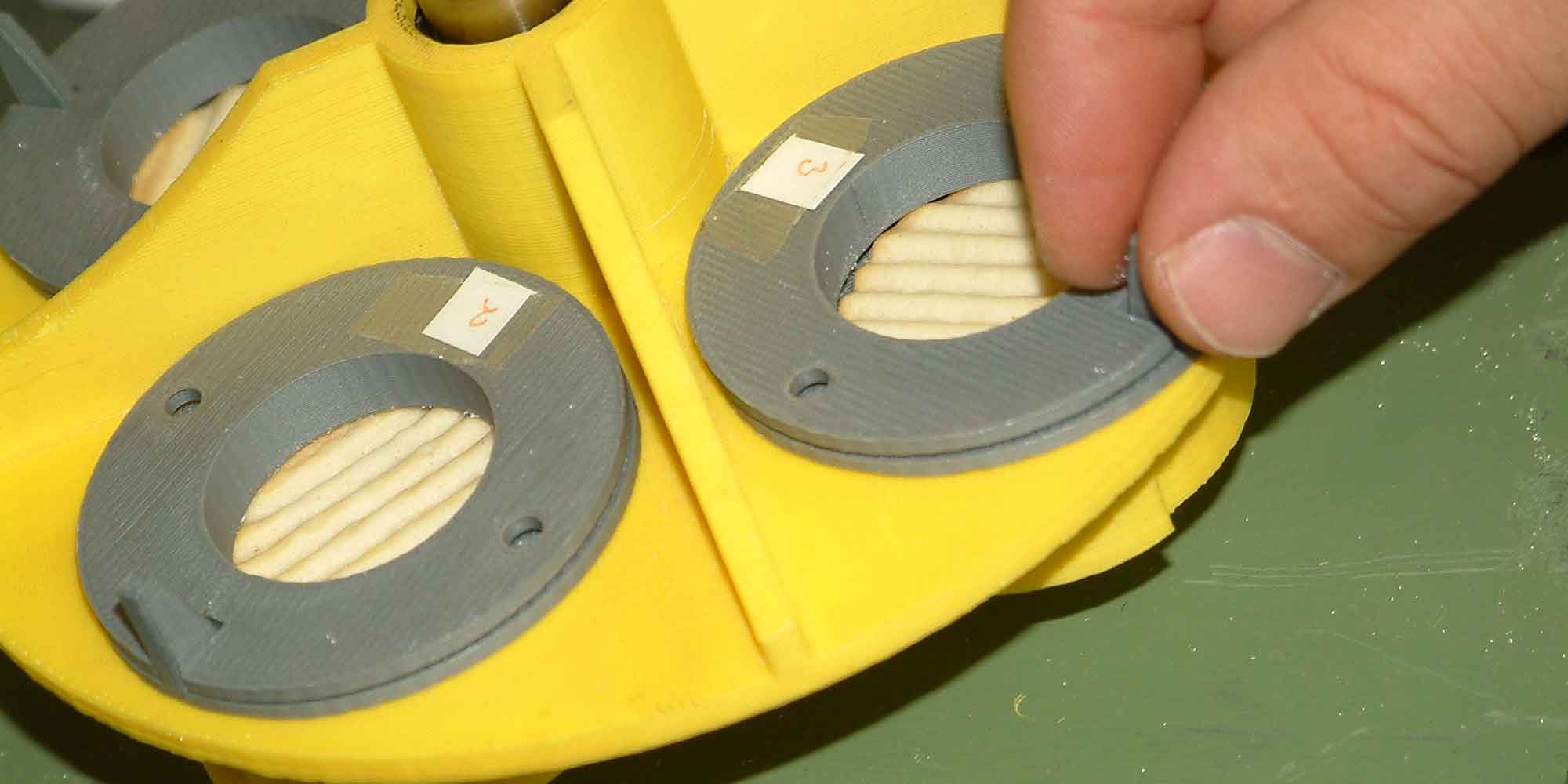A unique test technique for measuring forces between particles and surfaces using cohesive powders
Researcher: Dr Vivek Garg
The mechanical surface energy tester was developed by Vivek in conjunction with experts at The Wolfson Centre for Bulk Solids Handling Technology at the University of Greenwich. The technique focuses on predicting the powder flow function using this novel technique in conjunction with common particle attributes, with the goal of predicting flowability problems at an early stage of formulation using only a small amount of powder sample.
